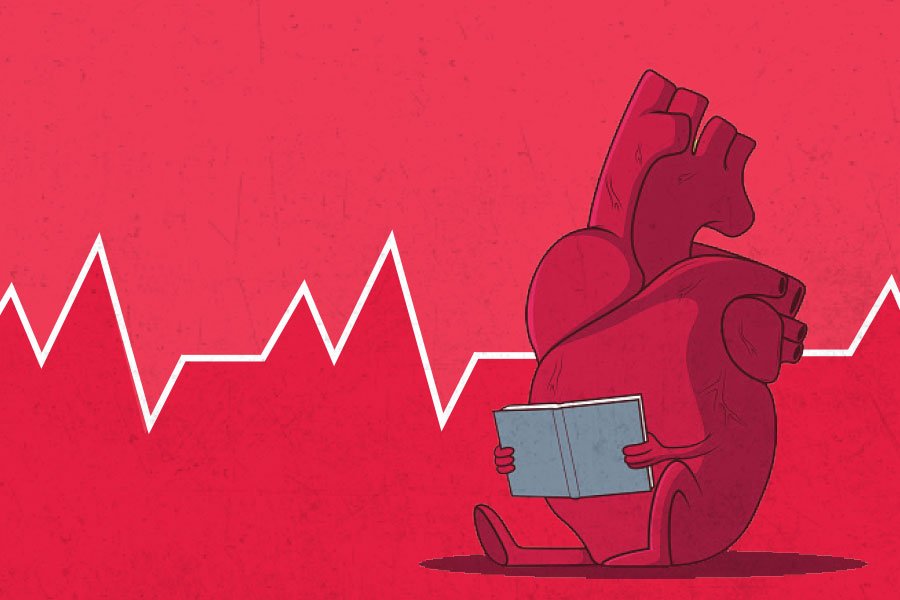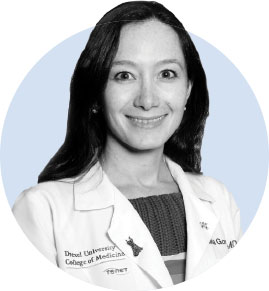The Questions You Are Too Shy to Ask Your Cardiologist

Photo credit: Getty Images
Have a question about your heart but worried it’s too weird? Don’t be shy, says Drexel cardiologist Dr. Paulina Gorodin Kiliddar. 
“We’ve made great strides with breast cancer thanks to increased screening and open discussion, but heart disease kills six times more women than breast cancer, and I think there are still questions not being asked,” says Dr. Kiliddar, who addresses some of those “weird” questions that might be on your mind.
Can thin women have heart disease?
“Yes, because there are genetic factors of heart disease that have nothing to do with your body weight or size.”
Does menopause affect the heart?
“Estrogen is a protective hormone, so your risk of heart disease increases when you stop producing it.”
Should I be concerned about heart disease if I have diabetes?
“Yes, diabetes is a known risk factor for heart disease.”
Is it OK to have sex after a heart attack?
“If you had an ‘uncomplicated’ heart attack and you’re back to your normal routine without any problems, it’s OK to have sex. But, it’s a good idea to discuss timing with your cardiologist.”
I feel tired and have cold sweats. Should I see a doctor?
“Definitely. Men and women often have different heart attack symptoms. It may be nothing, but it’s better to make sure.”
Where To Begin
If you’re concerned about your heart, the best place to start is with your primary care doctor. Drexel family physician Dr. Annette Gadegbeku takes you through the steps of an office visit and talks about how she partners with cardiologists to keep you healthy:
››› “Your family physician knows your health better than anyone. If a heart problem is suspected, I’ll do a risk assessment and perform an EKG. From there, I may order a stress test.”
››› “If something shows up on your test results, or you have a history of heart disease in your family, I’ll refer you to a cardiologist for further evaluation.”
››› “Your family doctor and cardiologist should work as a team. At Drexel, we frequently communicate with each other through a patient’s electronic medical record. It’s very seamless for patients.”
››› “After your cardiology appointment, I’ll schedule a follow-up with you to discuss the diagnosis and your cardiologist’s recommendations so that we can form a plan to implement them.”
For more information, visit drexelmedicine.org. This article is provided for general information only and should not be used for diagnosis or treatment, or as a substitute for consultation with a physician or healthcare professional. If you have specific questions or concerns about your health, consult your healthcare professional.
This is a paid partnership between Drexel Medicine and Philadelphia Magazine


